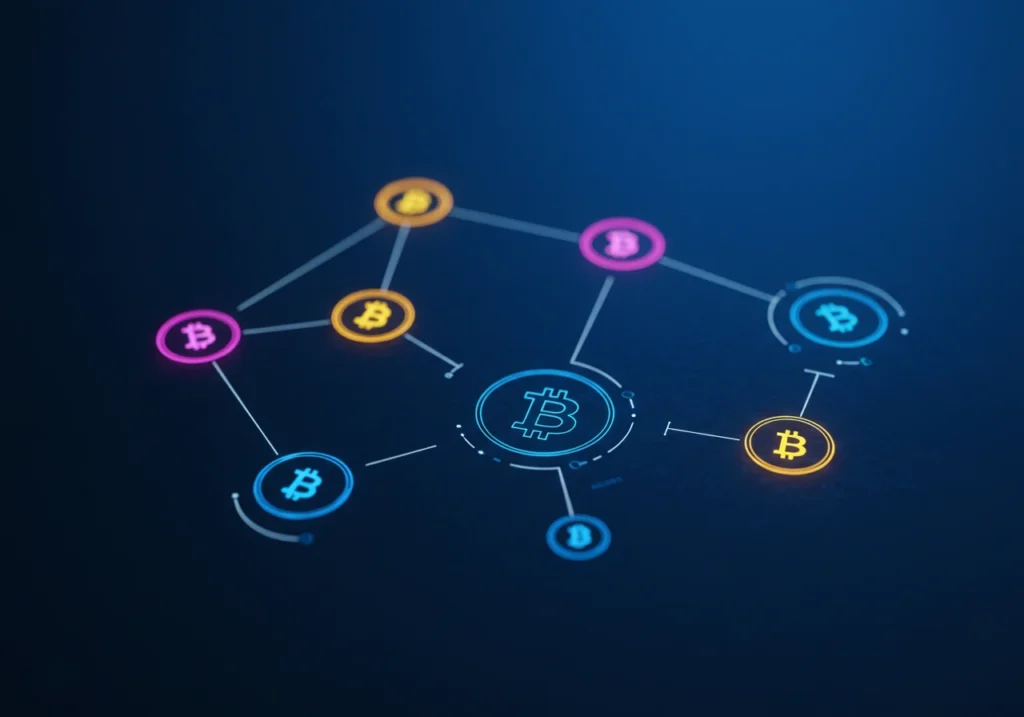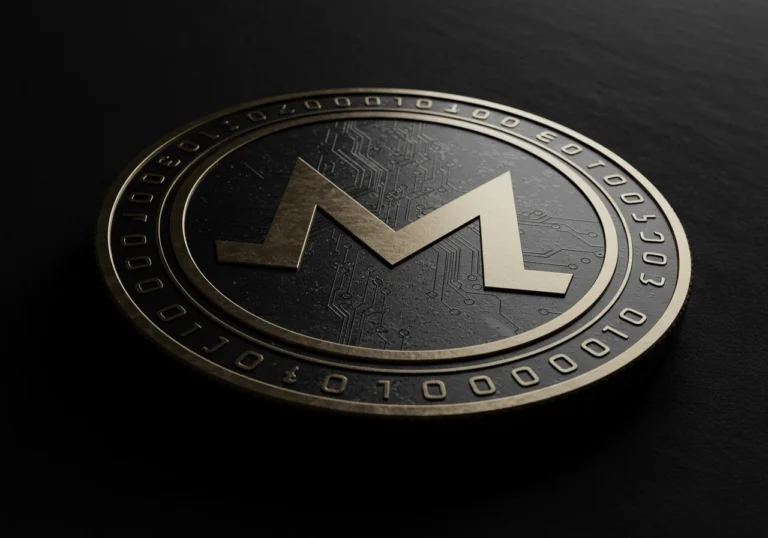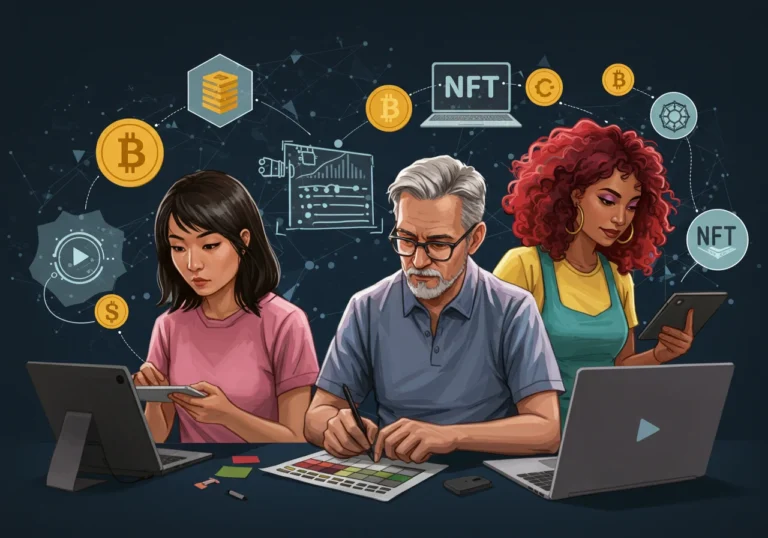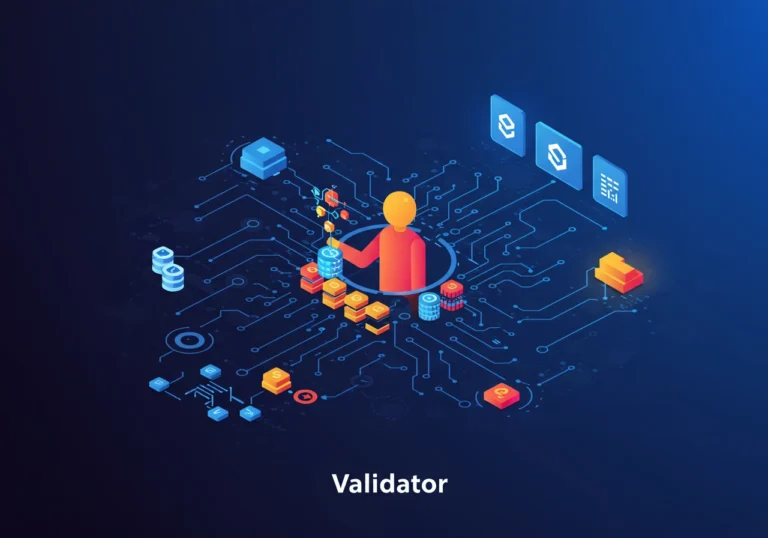Bitcoin Game Theory: How Network Security Relies on Human Behavior
Bitcoin Game Theory is the study of how people’s choices, rewards, and punishments shape a system. In Bitcoin, this system is the network that keeps every transaction honest. The network is not just code and computers. It is also people—miners, node operators, developers, and users—making decisions every day. Those decisions create the incentives and checks that protect Bitcoin.
Bitcoin Game Theory: the simple idea

At its heart, Bitcoin Game Theory asks one question: what do people do when given a choice? If following the rules is better for them, they will follow the rules. If cheating pays more, they might cheat. So Bitcoin is designed so that the best choice for most people is to act honestly.
Imagine a neighborhood bakery. If customers pay fairly and the baker makes good bread, everyone benefits. If the baker starts giving bad bread or stealing, customers leave. Bitcoin uses similar social pressure, but with math and incentives instead of words.
The main players and their incentives
To see how this works, let’s meet the people who matter:
- Miners: They secure the network by solving hard puzzles. When they add a correct block of transactions, they earn new Bitcoin and fees. Their incentive is clear: be honest and you earn rewards.
- Node operators: They run software that checks transactions and keeps a copy of the ledger. They do not earn new coins directly, but they keep the system healthy.
- Developers: They write and improve the code. Their reputation and future work depend on trust.
- Users: People who send and receive Bitcoin. They want a system that works and keeps value.
Each group makes choices based on what benefits them. Bitcoin Game Theory studies those choices and tries to align them so the whole system is safe.
Why honesty is the best strategy
The most important rule of the network is truth. If everyone tells the truth about transactions, the ledger stays accurate. Bitcoin builds a strong reason to be honest.
- Miners get paid for honest work. If they try to cheat by attacking the network, they risk losing their mining rewards and the value of their own Bitcoin. That makes attacks expensive.
- Node operators reject incorrect blocks. Bad blocks do not spread because honest nodes ignore them.
- Users prefer using wallets that follow correct rules, so bad actors lose customers.
Think of it like a market: honest behavior brings reward; dishonest behavior loses reward and trust. That balance is the backbone of Bitcoin Game Theory.
Cost of attacks: why Bitcoin is expensive to break
A key idea in Bitcoin Game Theory is that attacks must be costly to deter them. For example, to rewrite recent transactions, an attacker must control a majority of mining power. Achieving that would require huge investment in hardware and electricity. Even if the attacker wins briefly, the network can respond and the attacker’s gains may vanish as confidence drops and the Bitcoin price falls. So the cost of attacking often outweighs possible gains.
This creates a feedback loop: when Bitcoin is valuable, attacking costs more, so attackers are less likely to try. That is why network security grows as more honest participants join.
Social norms and reputation: human rules matter
Not everything in Bitcoin is solved by math. Social rules and reputation also play a big role.
When a developer breaks trust, the community can reject their changes. When a custodian makes a mistake, clients can move their funds elsewhere. These human reactions are part of Bitcoin Game Theory.
For instance, miners who behave badly can be ostracized by exchanges and businesses. Losing business is a real punishment. Reputation matters a lot in financial networks. People prefer partners who are reliable.
Example: soft forks and community judgment
When developers propose changes, the community often discusses them openly. If a proposed change seems risky, users and node operators can refuse to adopt it. This social check keeps dangerous changes from taking over. It shows that code is not the only rule-maker—people decide which code to run.
Coordination and voluntary cooperation
Bitcoin relies on many people coordinating without a central boss. This is a new social experiment. How do people coordinate?
- Clear incentives: Reward honest miners and users.
- Transparent rules: The code and transaction history are public, so everyone can verify actions.
- Open discussion: Developers and community members debate changes, spreading information.
People are more likely to cooperate when rules are clear and when violating them hurts more than following them. That is why Bitcoin Game Theory focuses on making honest behavior the safest option.
Failures and edge cases: where human behavior matters most
No system is perfect. There are moments when human choices can threaten the network:
- Selfish mining: A strategy where miners hide blocks to gain advantage. The network design and community responses make this risky and less profitable at scale.
- Centralization of mining: If mining power concentrates, attacks become easier. Humans who run big mining operations have to choose between short profit and long-term network health.
- Social engineering: People can be tricked into revealing keys or trusting bad services. These attacks target human weakness rather than the protocol.
These threats show why education, transparency, and good incentives are just as important as good software.
The role of long-term thinking
One strong theme in Bitcoin Game Theory is time preference—whether people value short-term gain or long-term stability. The network rewards those who care about long-term outcomes: miners who invest in sustainable operations, investors who hodl instead of panic-selling, and developers who prioritize security.
Long-term thinking helps because it reduces the appeal of quick, destructive gains. If the community values and protects Bitcoin for years, short-term manipulators lose out.
Simple steps everyone can take to help secure the network

You don’t need special skills to help. Small actions by many people make a big difference:
- Run a node if you can. It helps verify and enforce rules.
- Use reputable wallets and services. Check reviews and community feedback.
- Learn basic security: protect private keys and use two-factor authentication where possible.
- Support transparent projects and teams. Share information and ask questions.
These actions improve the social environment that makes honest behavior the best choice.
Images and graphics (suggested) with alt text
- Illustration: The miners, nodes, and users circle — shows how each role interacts.
Alt text: “Diagram illustrating miners, node operators, developers, and users and how they work together to secure Bitcoin.” - Flowchart: Attack costs vs. rewards — visual of why attacks are expensive.
Alt text: “Flowchart comparing the cost of an attack (hardware, electricity) with potential rewards and consequences.” - Illustration: Social checks — shows community discussion, voting, and reputation effects.
Alt text: “Graphic showing community debate, reputation checks, and social enforcement of rules.”
Conclusion — the human side of security
Bitcoin Game Theory teaches a clear truth: networks are only as strong as the people who use them. Code sets the rules, but human choices enforce them. When incentives align so that honesty pays more than cheating, the network becomes secure.
If you think of Bitcoin as a living community, you see why small choices matter. Running a node, protecting a key, or calling out bad behavior—these are the marbles, the bread, and the handshakes of the digital age. The more people act with care and long-term thinking, the more resilient the system becomes.
Quick takeaways
- Bitcoin Game Theory studies how human choices and incentives secure the network.
- Honest behavior is rewarded; dishonest gains are costly and unstable.
- Miners, node operators, developers, and users each play key roles.
- Social norms and reputation are as important as code.
- Long-term thinking and small everyday actions improve network safety.
- Education, transparency, and good incentives reduce the chance of attacks.
FAQ
Q: Is Bitcoin secure because of math or people?
A: Both. Math provides rules and costs for attacks. People enforce norms and make real-world choices that keep the system healthy.
Q: Can one miner break Bitcoin’s security?
A: Not easily. An attacker would need a majority of mining power, which is costly. Even then, social reactions and economic damage make such attacks risky.
Q: What can I do as a regular user?
A: Protect your keys, choose trustworthy services, and learn basic verification. Running a node helps if you can.
Q: Why is reputation important?
A: Reputation determines who people trust. In finance and software, losing trust can cost clients and partnerships—powerful deterrents against bad behavior.
Q: Does Bitcoin need a central authority to stay safe?
A: No. It uses incentives, open rules, and community checks to coordinate behavior without a single boss.
Table of Contents

Hello, I’m Edmilson Dias, founder of CoinBringer. I created this platform to guide people through the fast-moving world of cryptocurrency with clarity and safety. With years of research in blockchain and digital security, my goal is to translate complex topics into practical knowledge, offering reliable tutorials, safety insights, and guidance for both newcomers and experienced users.
Discover more from CoinBringer
Subscribe to get the latest posts sent to your email.







